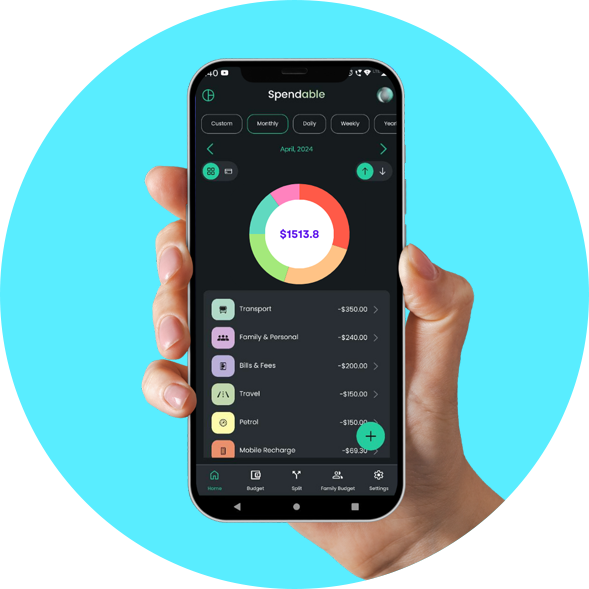How to Create a Budget from Scratch?
The majority of people require a method to track their monthly spending. You can feel more in charge of your finances and find it simpler to save money for your objectives when you follow a budget. But don't know how to create one? Well, take a look at a few steps below.
Step 1: Calculate Your Income
The first thing to do is calculate your net income as it is the cornerstone of a successful budget. If you focus on your total pay rather than your net income, then you may overspend more than what you have. Make sure to keep thorough records of your contracts and payments to help you handle erratic revenue.
Step 2: Track Your Expenses
Determining where your money is going is the next step to consider. You may find out what you are spending the most money on and where you might be able to save the most by keeping track of and organizing the cost. Hence, make a list of your fixed and variable expenses. This may include expenses like
- Utilities
- Rent
- Mortgage
- Groceries
- Petrol
- Auto payments
- Entertainment and more.
You can use an expense manager app on your phone like Spendable to keep track of your daily expenditures.
Step 3: Set Goals and Create a Plan
List your short and long-term financial objectives before you begin going through the data that you have tracked. Though these do not have to be rigid, knowing what your goals are will help you to stay within the spending limit.
Then create a plan where you make use of the constant and variable expenses you gathered to estimate your future spending. Depending on your priorities and net income, you can establish a precise expense category.
Step 4: Adjust Your Spending and Review the Budget
After your income and spending are documented, you can make adjustments accordingly. Keep in mind that there could be a small amount of money that can add up to a lot of savings.
It is critical to regularly assess the expenditures as they may vary from time to time. However, make it a practice to review your budget regularly to stay on the budget.







 FREE
Available on
FREE
Available on

